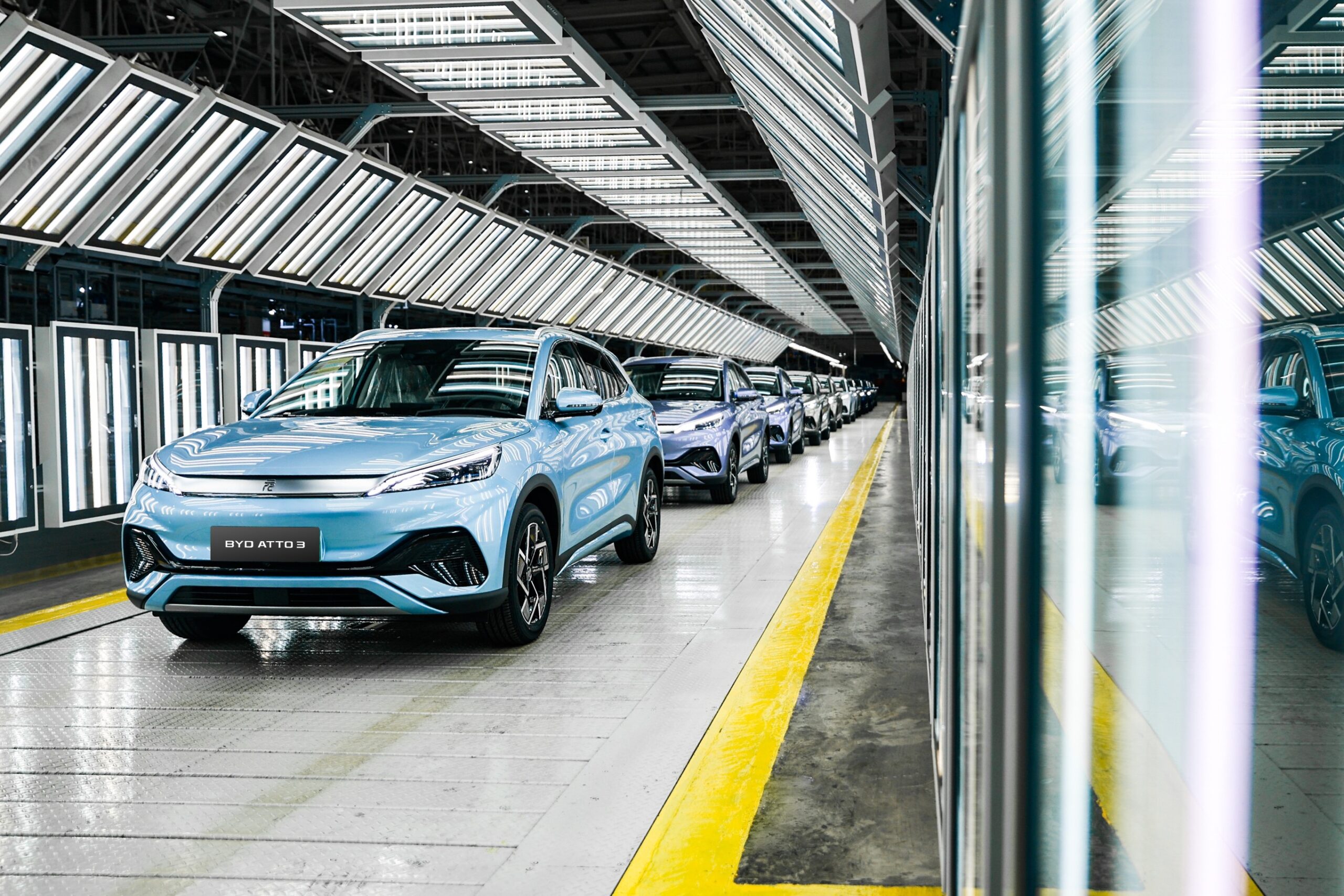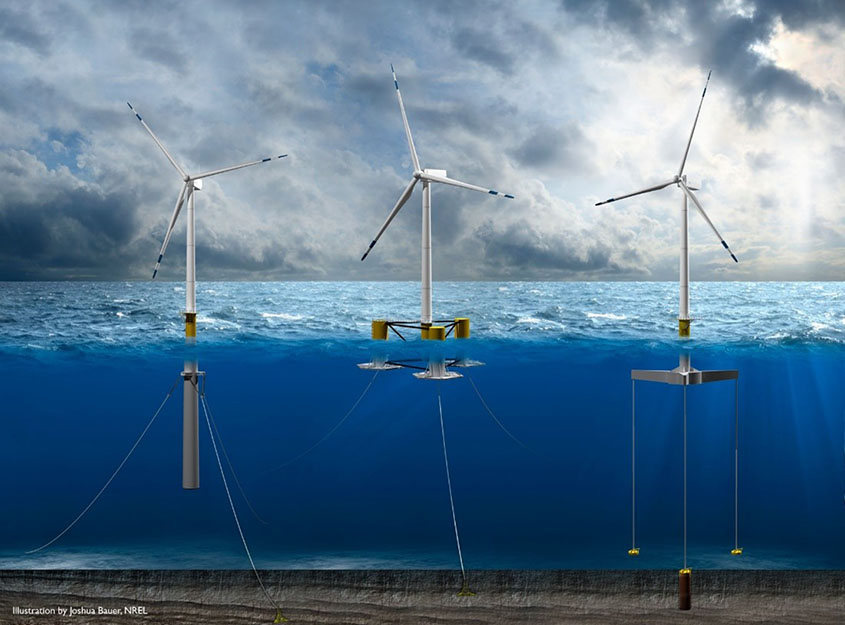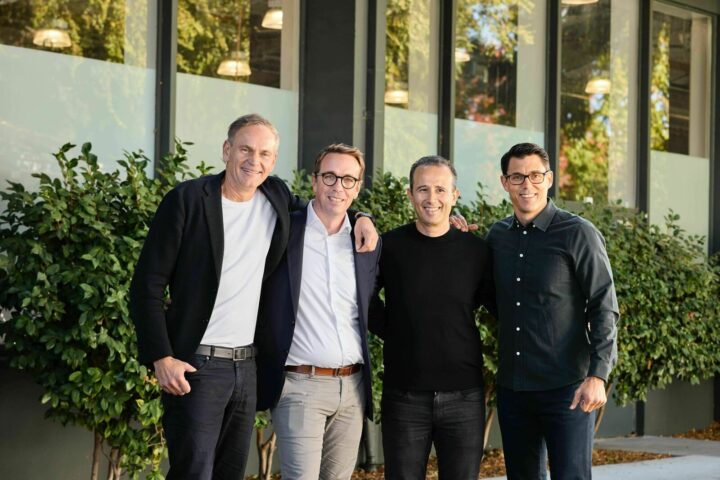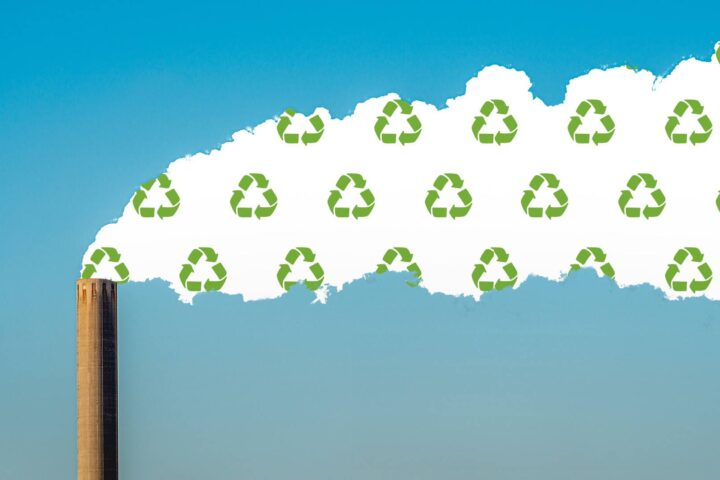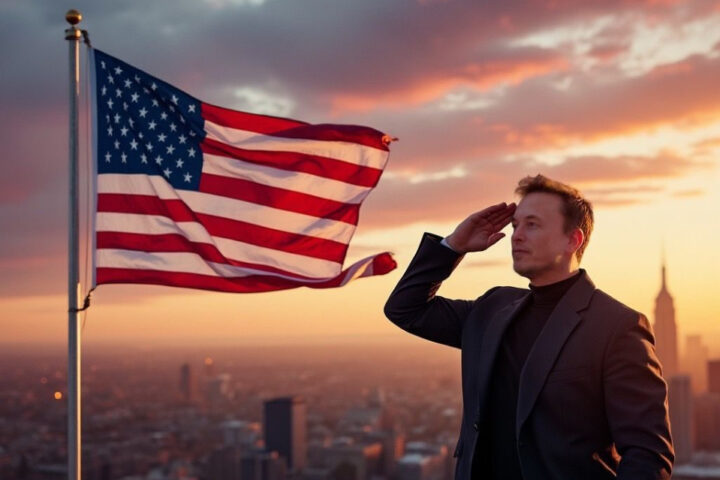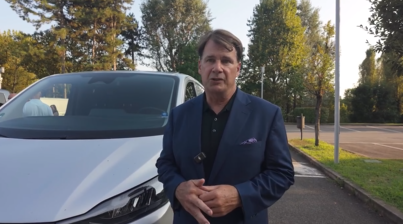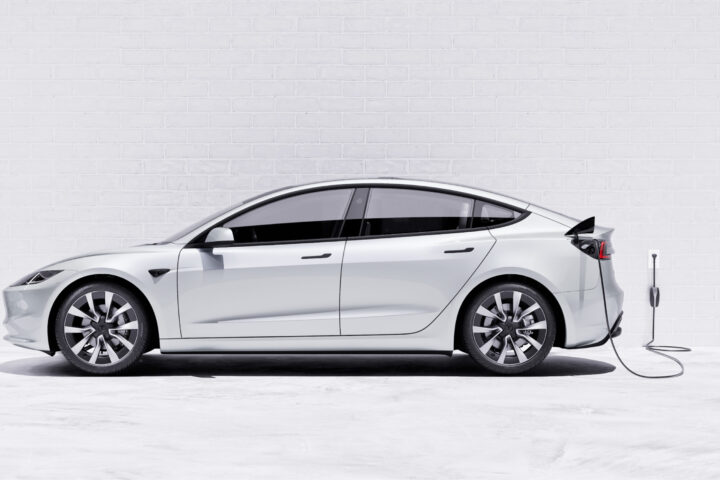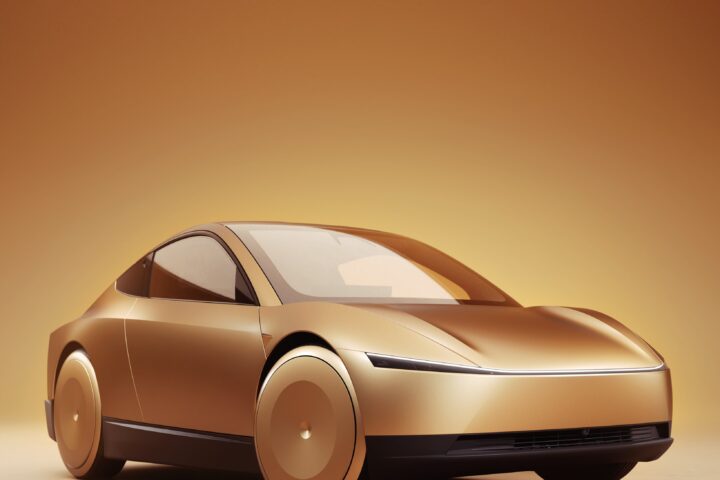Tesla’s recent Q3 sales hit a bit of a snag, rolling out 435,000 EVs and marking a 6.7% dip from the previous quarter, sparking a bit of a stir in the industry. Meanwhile, BYD, the Chinese EV heavyweight backed by Warren Buffett, is nipping at Tesla’s heels, shipping 431,000 battery-powered cars in the same timeframe. A mere 3,000-vehicle gap between Tesla and BYD, as per Bloomberg, has industry insiders and enthusiasts speculating a potential leadership shake-up in the EV race. Despite Elon Musk’s past skepticism, BYD is not only gaining speed but also leading the pack in total sales, moving over 800,000 units last quarter, hybrids included.
Zooming out to an annual view, BYD clocked 1.8 million sales last year, with Tesla trailing at 1.3 million, all BEVs. Tesla’s roadmap still eyes the production of 1.8 million vehicles this year, necessitating a robust 450,000-unit sale in the upcoming quarter. Musk had flagged potential speed bumps, citing global manufacturing upgrades as a possible drag on delivery numbers. Tesla is also navigating through a demand slowdown, kickstarting price wars in the U.S. and China to rev up the sales engine. A new Model Y variant, boasting snappier acceleration and fresh ambient lighting, was unveiled for the Chinese market, with no price hike from the base model.
BYD, on the other hand, is winning the affordability race in China, offering a range of EVs that don’t break the bank, unlike Tesla and other premium EV players like Nio. BYD has not only unseated Volkswagen as China’s top car brand but is also expanding its lanes internationally. BYD is now leading the EV pack in markets like Thailand, Israel, and Singapore and is making a play for mature markets in Europe and Japan. China, powered by its EV surge, has raced past Japan to become the world’s largest auto exporter, as per official data. In a historic first, domestic brands in China are set to outsell foreign counterparts this year.
Similar Posts
Ford CEO Jim Farley has flagged the potential flood of budget-friendly Chinese EVs, tipping his hat to BYD as a formidable player. Berkshire Hathaway and other BYD backers are riding high on the company’s success, with Charlie Munger lauding it as one of Berkshire’s best moves. “BYD has outpaced Tesla in China,” Munger noted, signaling a potential shift in EV leadership. September 2023 saw BYD Auto clocking in a whopping 287,454 vehicle sales, breaking its own record and signaling robust month-over-month growth. Of these, 28,039 were passenger cars that found homes in international markets, showcasing BYD’s global allure.
The BYD Auto Dynasty and Ocean models have been crowd-pleasers, accounting for 273,747 units of the total sales and reflecting a consumer shift towards sustainable transport. BYD subsidiary, Denza Motors, also shifted gears, contributing 13,156 units to the September sales figures. BYD’s year-to-date sales as of September 2023 have revved up to an impressive 2.07 million vehicles. Not resting on its laurels, BYD is gunning for an ambitious 3 million vehicle sales target for 2023. With a 930,000-vehicle gap to bridge in the next quarter, BYD, observing its current trajectory, seems poised to hit its annual target.
In 2022, BYD’s vehicle sales zoomed past Tesla’s, and it’s on track to potentially snag the BEV crown before 2023 wraps. In an interesting twist, BYD is now fueling its competitor, supplying batteries to Tesla, making their rivalry all the more electrifying. While Tesla stock has rebounded this year after a rough 2022, BYD has held steady in 2023, with shares jostling at key levels, reflecting the dynamic, ever-shifting EV market landscape.
